Overview
Schools should be safe places for students to learn and explore. But too many students suffer from sexual assault and abuse in primary and secondary education, from both peers and adults. According to a 2017 study funded through the U.S. Department of Justice, 10% of students K-12 will experience sexual misconduct by a school employee before they graduate.
This abuse creates a hostile environment and harms students’ well-being, learning, and mental health. Every child should have the opportunity to learn safe from harm, and when schools fail to uphold their responsibility to keep their students safe, they can be held legally responsible.
Wallace Miller represents and advocates for people who have been sexually assaulted at elementary schools, middle schools, and high schools by adults and other students. Survivors in these scenarios may feel ashamed, alone, or powerless against the system that allowed the abuse to happen.
We help survivors take back that power through advocacy and legal action. Through a trauma-informed litigation process, we help children and families assess their options for pursuing justice based on their unique circumstances. And we work every day to make sure that survivors of school abuse do not have to go through the legal process alone.
Our Chicago office can be reached at 331-425-8022 or via our online case evaluation form. Initial consultations for survivors and their loved ones are always free and confidential.
The National Sexual Assault Hotline provides confidential support 24 hours a day, seven days a week. They can be reached online at online.rainn.org and by phone at 1-800-656-4673.
Childhelp’s National Child Abuse Hotline is available 24 hours a day, seven days a week via 1-800-422-4453 or on their website.
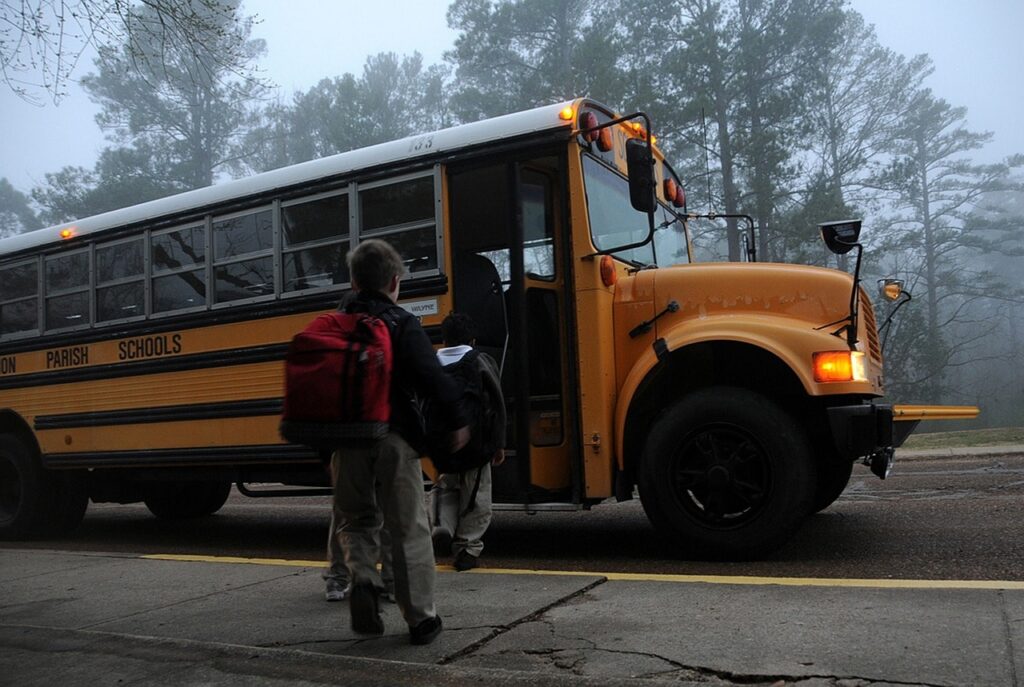
Image by Pixabay.
Case Team
Principal Attorney: Molly Condon Wells
Principal Paralegal: Morgan Kapping
Supporting Attorney: Alexandrea M. Messner
Supporting Paralegal: Mirena Fontana
Legal Assistant: Leena Yaqub
Childhood Sexual Abuse in Schools: How We Advocate for Survivors
Injury
What is sexual abuse?
Sexual abuse is any act of sexual contact someone suffers without their consent. Consent can refer to someone’s agreement to sexual acts, or to legal consent. Because most children in primary and secondary schools are under the age of consent (typically 16-18 years old), they are not legally able to provide consent.
Abuse in primary and secondary schools includes harassment, misconduct, and assault. It encompasses both physical and non-physical acts. Physical sexual misconduct includes:
- Inappropriate touching
- Kissing
- Groping
- Rape or attempted rape
- Any unwanted sexual contact
Non-physical sexual misconduct includes:
- Requests for sexual favors
- Sexual comments
- Sexual jokes
- Sharing sexual images or content with a child
- Exposing oneself in front of a child
- Taking or sharing sexual photos or videos
- Online sexual harassment
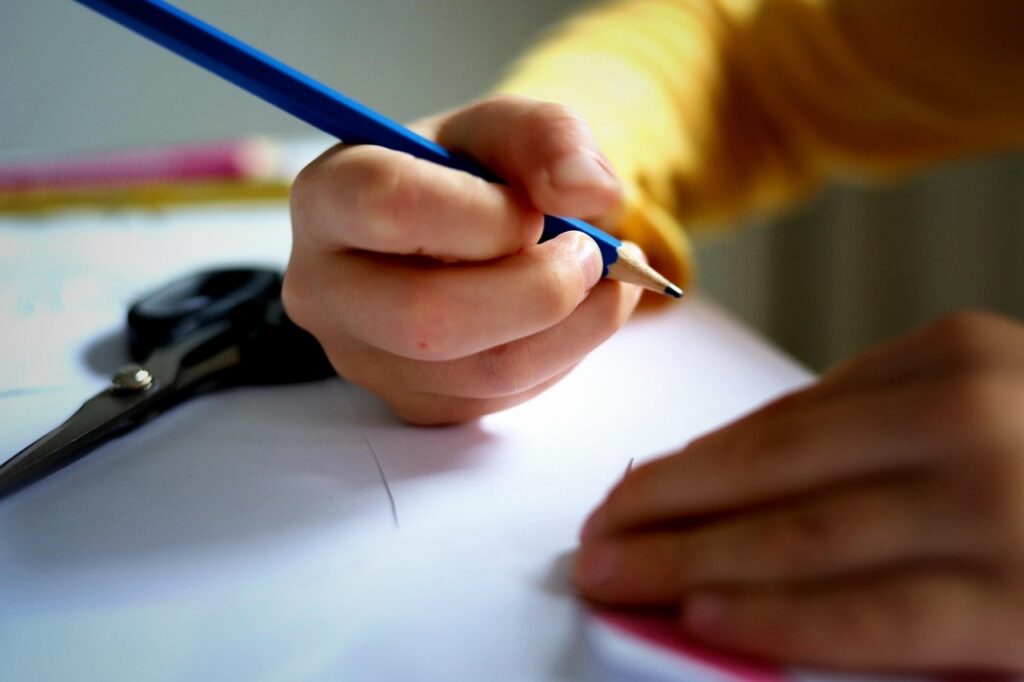
Image by Pixabay.
Sexual abuse in educational settings
A majority of perpetrators of child sexual assault are known to their victim: 59 percent are acquaintances, while 34 percent are family members. Children often struggle to understand and process their abuse, particularly when the adult is in an explicit position of power, such as a teacher, coach, guidance counselor, or school administrator.
Sexual abuse in primary and secondary education—typically covering kindergarten through sixth grade and seventh grade through 12th grade—can be perpetrated by another student or by an authority figure. This abuse is often not reported, and sometimes when it is reported, school officials or school districts may cover up the abuse to protect their reputations.
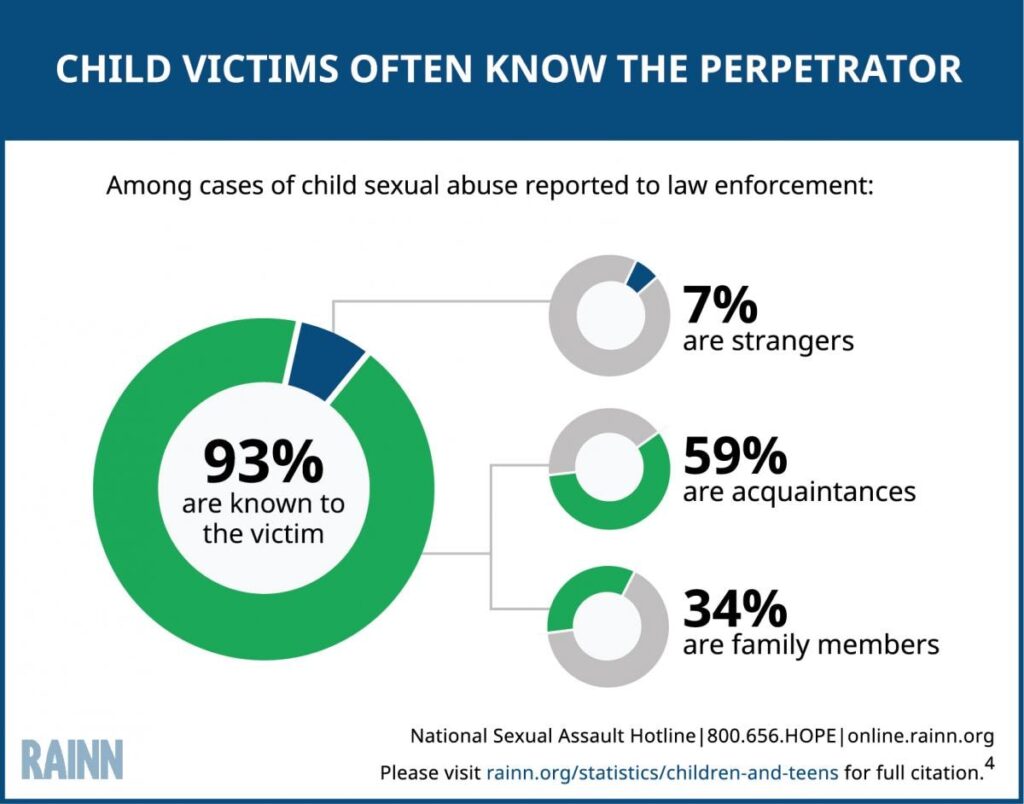
Effects of school sexual assault
Abuse can have serious and long-lasting effects. Survivors of childhood sexual abuse are more likely than other people to struggle with emotional and psychological issues, including:
- Depression and anxiety
- Higher risk of substance abuse
- Difficulty forming relationships
- Post-traumatic stress disorder (PTSD)
- Low self esteem
- Sleep disorders
- Difficulty managing emotions
- Suicide and suicidal ideation
- High-risk sexual behavior
School sexual assault can also cause physical harm and lasting consequences, including:
- Sexually transmitted infections (STIs)
- Unwanted pregnancy
- Physical injuries
Sexual abuse is devastating to the survivor as well as to their family and loved ones. Many parents and family members feel guilty that they were unable to prevent their child’s abuse. But sexual abuse is never the victim’s fault, nor is it the fault of the people in their life working to support them. In fact, support from family and loved ones is crucial in helping survivors heal and seek justice for their harm.
The National Society for the Prevention of Cruelty to Children (NSPCC) provides an extensive database of resources and guidance for adults on recognizing, talking about, and dealing with sexual abuse in schools.
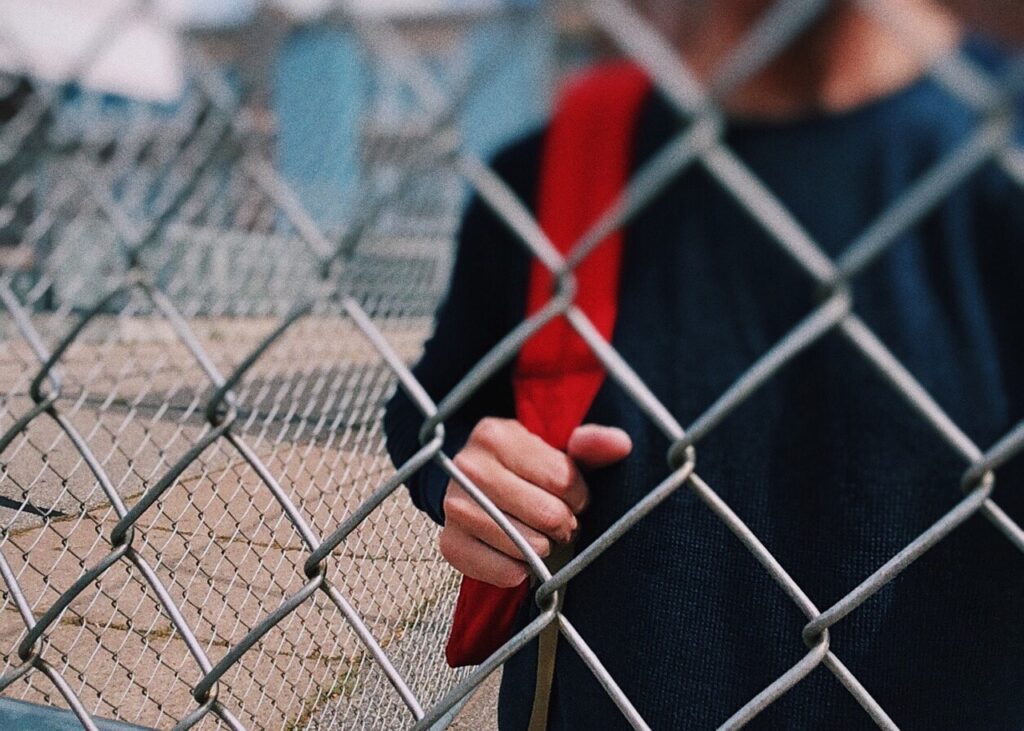
Image by Pixabay.
Plaintiff & Defendant
Who can file a secondary or primary education sexual abuse lawsuit?
As minors, children are unable to file sex abuse claims independently. Instead, a child’s legal guardian is typically responsible for filing a lawsuit on their behalf.
A school abuse lawsuit can also be filed by the person who was abused after they have become an adult. Many states have passed laws extending their statutes of limitation—or how long you have to file a lawsuit after a crime—for sex abuse suits. This means that in some situations, people can pursue justice even if the abuse happened decades ago.

Who can be held responsible for abuse at schools?
In a civil lawsuit, the plaintiff can sue not only the perpetrator of the abuse, but also the organizations and individuals who allowed the perpetrator to sexually abuse students. If the abuser was employed at a primary or secondary school, the school may be liable for their conduct. Even if the perpetrator is not affiliated with the school, plaintiffs may still hold them accountable if the assault or misconduct happened on school grounds or at a school-related event.
People who may be named as defendants in a civil sex abuse lawsuit include:
- The perpetrator of the abuse, such as a teacher, counselor, coach, administrator, bus driver, principal, staff member, or volunteer.
- School administrators and other school officials responsible for students’ overall well-being.
- School employees who were aware of the abuse but did not report it.
- The school district in which the abuse occurred.
While many educators and schools are dedicated to protecting the children in their care, some fail to protect them or even cover up abuse when it occurs. Primary and secondary schools may turn a blind eye to abusive teachers, allowing them to continue working with children. In these cases, schools and school districts may be held liable for failing to vet people when hiring, failing to supervise staff members, failing to provide a safe environment, or failing to investigate reports of abuse.
Students may also suffer sexual assault and abuse from their peers. In these cases, schools may be held liable for failing to create a safe environment.
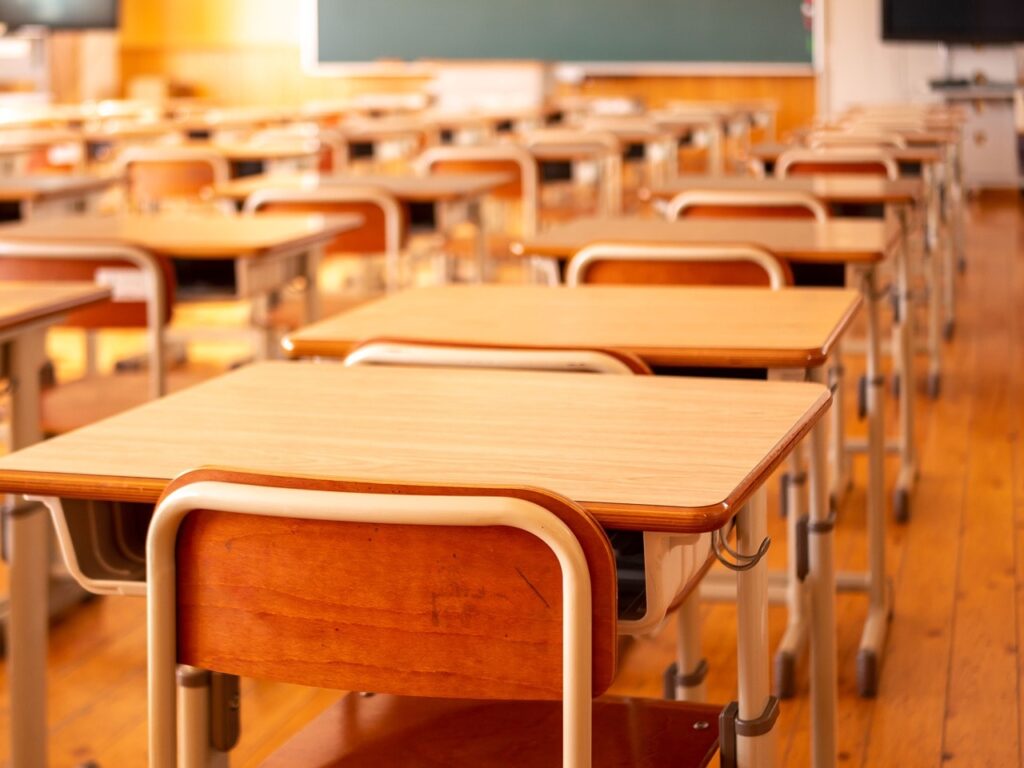
Image by Pixabay.
How to support survivors of sexual abuse
Individuals who have suffered sexual abuse often feel a loss of power, autonomy, and control. When considering filing a sexual abuse case on behalf of another person, it is crucial to speak with and listen to the survivor and respect their wishes on how to pursue their case.
In cases of child sexual abuse, the role of parents, guardians, and loved ones is often more extensive than in other cases. Children cannot bring their own legal cases, so an adult must work with them to seek justice. Many adults who work with children are “mandated reporters,” or individuals who are required to report suspected abuse by mandatory reporting laws. This includes social workers, registered nurses, teachers and school employees, and coaches.
Beyond the legal requirements in sexual abuse cases, family, friends, and loved ones play a vital role in providing emotional support. Coming forward about abuse at any age is a difficult and courageous decision. Survivors of school sexual abuse deserve to be believed, supported, cared for, and protected from further harm. Prioritizing their choices—whether those involve seeking professional help, involving the police, reaching out to a law firm, or taking time to process and think through a decision—is the most important thing a loved one can do.

Landscape
State and federal laws on child sexual abuse
Federal and state laws prohibit sexual abuse of children and set up processes for investigation and consequences for abusers. Federal laws against child sexual abuse are based on Title IX of the Education Amendments of 1972, which states that any schools with federal funding must have a policy against sex discrimination, sexual harassment, and violence and sets up procedures for investigating wrongdoing.
State laws on childhood sexual abuse vary across the country. Illinois laws against childhood sexual abuse include:
- Erin’s Law (Illinois Public Act 097-1147): Requires public schools to provide age-appropriate child sex abuse prevention education for pre-kindergarten through 12th grade.
- Faith’s Law (Illinois Public Act 102-0676/0702): Establishes definitions of sexual misconduct, grooming, and abuse and requires school employees to undergo employment history reviews. Faith’s Law also requires schools to provide notice to students and parents or guardians of sexual misconduct allegations and adds reporting requirements.
The Illinois Coalition Against Sexual Assault (ICASA) provides a compiled document on legal resources for children and families in the state.

Image by Pixabay.
Your legal options after sexual abuse
Survivors and their families have several legal options after sexual abuse. The best-known route is a criminal investigation. After reporting the case to the police, the victim of sexual assault can bring charges against their abuser. If they are found guilty in criminal court, they may be sentenced to jail time, fines, or other punishment.
Civil lawsuits have a broader scope and allow a survivor to not only hold the perpetrator responsible, but also seek justice from the people and organizations who allowed the abuse to happen. In addition to the person who committed the assault, civil lawsuits can be filed against school officials, teachers, coaches, school districts, administrators, and others.
The goal of civil court is to equip the plaintiff with the resources they need to heal and move forward. Instead of jail time, civil courts award damages in the form of financial compensation for medical bills, pain and suffering, and other losses suffered by the plaintiff.
Taking legal action and seeking justice against the perpetrator of sexual abuse can be an important part of the healing process. Many people pursue both a criminal lawsuit and a civil lawsuit at the same time, and a civil litigation can be filed even if a criminal case is unsuccessful.
Read more about sexual abuse civil litigations on our Survivor Advocacy page.
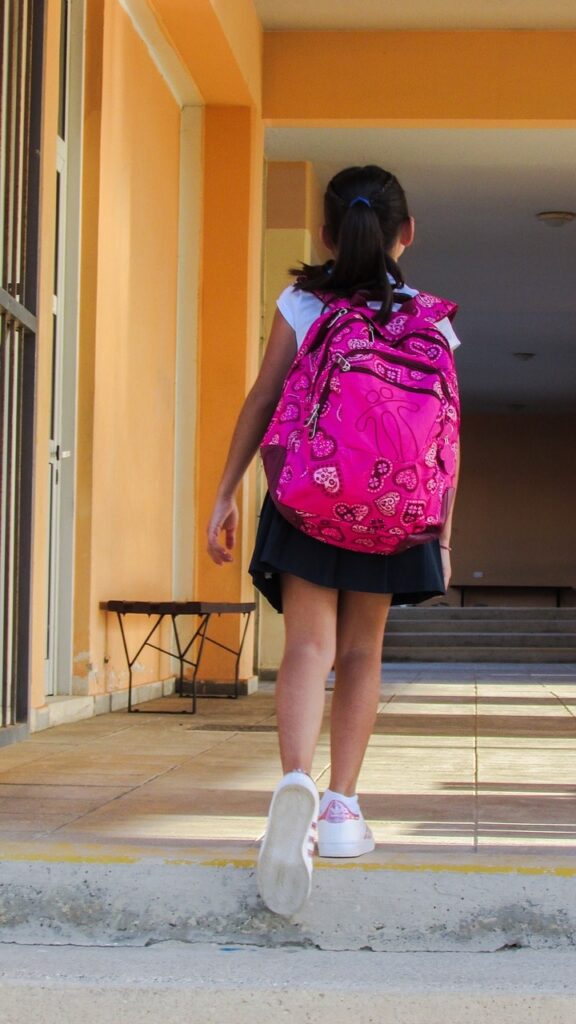
Image by Pixabay.
Contact
Survivor Advocacy at Wallace Miller
At Wallace Miller, we do our best to make sure every step of the litigation process is handled with care, transparency, and consideration for what our clients have been through. Our Survivor Advocacy team is dedicated to providing:
Confidential, free, no-pressure conversations
Our team is available to discuss potential cases free of charge. These conversations are completely confidential and without obligation—we know that legal action is not the right option for everyone, and we’re here to help you decide what path is best for you and your loved ones.
Client-focused litigation
We follow our client’s lead on their case. Every step of the way, we structure our litigation to make sure that individuals are in control of the legal action we pursue on their behalf.
Transparency and communication
Throughout the process, clients have direct contact information for their paralegal and the attorney on their case. They keep clients up-to-date on the progress of their sexual abuse claims through phone calls, emails, or text messages.
No out-of-pocket fees
Wallace Miller operates on a contingency fee model. This means that there are no out-of-pocket charges for the client. We only get paid if we achieve a successful verdict or settlement on a client’s behalf.
Our Survivor Advocacy team is trained to support survivors of sexual abuse with compassion, clarity, and a keen grasp of the law, every step of the way. Learn more about the team on our blog.
Reach out to our team
Every child deserves to be safe and supported in their learning environment. Through civil litigation, the Survivor Advocacy team at Wallace Miller fights to hold abusers accountable and reform the systems that allow abuse to occur.
We provide initial confidential consultations free of charge for survivors and their loved ones. Call our Chicago office at 331-425-8022 or fill out our online case evaluation to contact our legal team.


